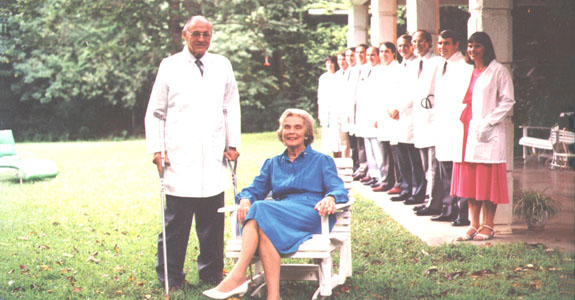The middle domes of life absorb most of our daily attention. By the middle domes I mean those that lie between the smallest – my individual skull – and largest – a horizon of universal reality approachable by faith or by science, depending on one’s disposition.
The middle domes therefore comprise groups as small as a pair of individuals or as large as a culture, but less than all, that form the subject in we-sentences. Examples include friendships, marriages, families, churches, schools, bowling and other sports leagues, clubs, local and state politics, nations, business groups, hobby groups, news and entertainment media, professional societies, military and public safety forces, and charitable organizations.[1]
About 150 years ago an ill-named tide of modernity began to overrun the place of the middle domes. Modernity began to insist that truth governs every event in life, and modernity recognized only universal truth. Continue reading “The Middle Domes”







